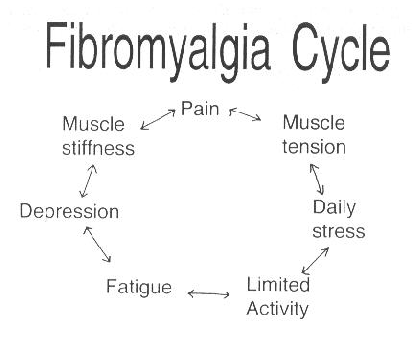Fibromyalgia patients with low levels of vitamin D saw their pain decrease slightly after taking vitamin D supplements for several months, according to a study published in the February issue of the journal Pain. But most other symptoms remained largely unchanged.
Fibromyalgia is a condition that involves chronic, widespread pain along with other symptoms such as fatigue, poor sleep and mood changes. While a variety of medications are used to treat it, they work well in less than half of patients. As yet, there is no cure.
This study was not the first to look at vitamin D supplements as a possible complementary (add-on) treatment for chronic pain. Previous trials have shown mixed results.
For this study, the researchers looked at 30 people with fibromyalgia who had moderately low blood levels of calcifediol. (Doctors measure calcifediol, which the body makes from vitamin D, as a way of determining a patient’s vitamin D status.) They gave half the group a daily vitamin D supplement – either 1200 IU or 2400 IU daily, depending on how deficient they were – and half the group a daily placebo for 25 weeks.
The people who received the supplements showed an average decrease of 20 percent on a pain scale known as the visual analog scale (VAS), while the scores of those who got a placebo remained relatively unchanged. Most other self-reported measures of health and well-being (including depression, anxiety and symptoms such as headache, nausea, sensations of weakness and indigestion) did not improve, except for morning fatigue and a measure called physical role functioning, which involves the ability to work and perform daily activities.
“The reason that in other studies the supplementation of vitamin D didn’t show an effect may be that in our study we were raising the serum calcifediol level of the patients to a higher [ie: upper normal] level and for a longer time than did other researchers,” says lead study author Florian Wepner, MD, at the Orthopaedic Hospital Speising in Vienna, Austria.
The researchers were also careful to exclude people who had other possible causes of pain, including rheumatic diseases (such as arthritis) and herniated disks.
No one is certain how vitamin D might reduce pain. “We still do not know the exact mechanism of how it might help; it may be due to an improvement of the muscular function,” says Dr. Wepner.
Source: arthritistoday.org







